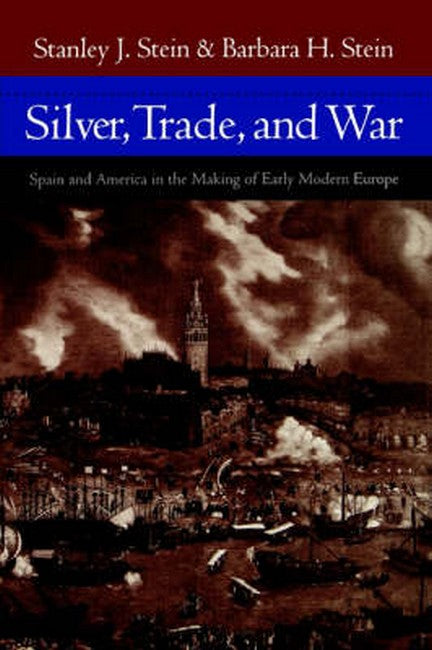Over the first half of the eighteenth century, Spain under the Bourbons tried to contain expansionist France and England in the Caribbean and to formulate and implement policies competitors seemed to apply successfully to their overseas possessions, namely, a colonial compact. Spain's policy planners (proyectistas) scanned abroad for models of modernization adaptable to Spain and its American colonies without risking institutional change. The second part of the book, ''Toward a Spanish-Bourbon Paradigm,'' analyzes the projectors' works and their minimal impact in the context of the changing Atlantic scene until 1759. By then, despite its efforts, Spain could no longer compete successfully with England and France in the international economy. Throughout the book a colonial rather than metropolitan prism informs the authors' interpretation of the major themes examined.Silver, Trade, and War is about men and markets, national rivalries, diplomacy and conflict, and the advancement or stagnation of states.

